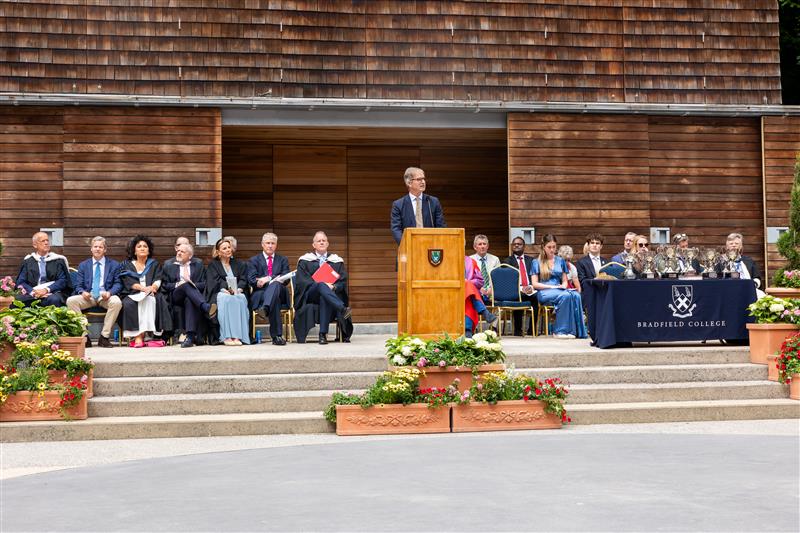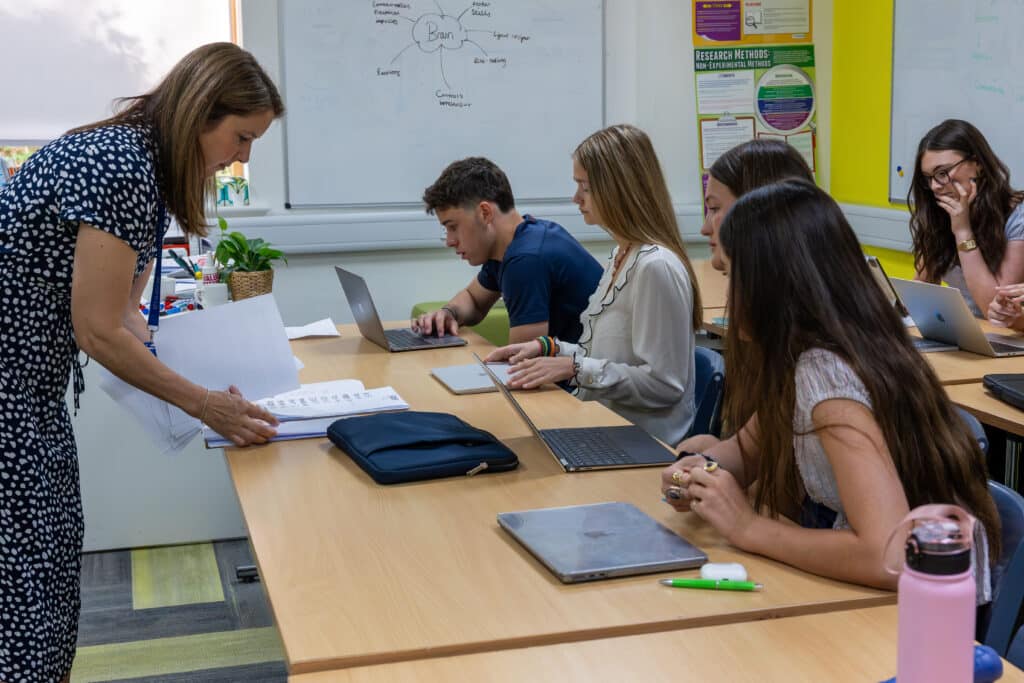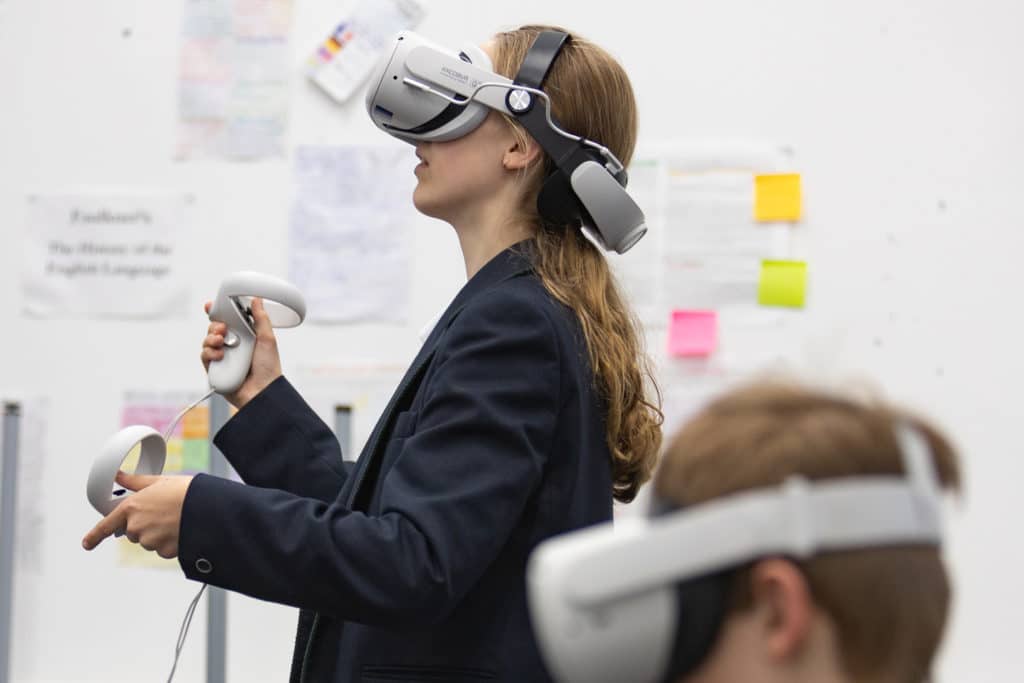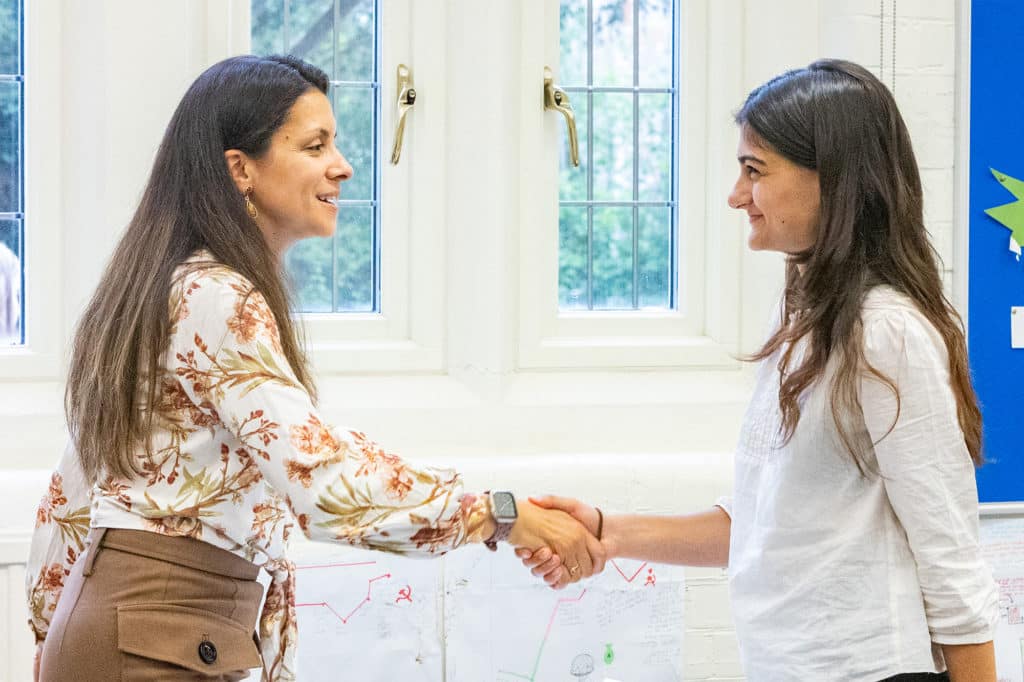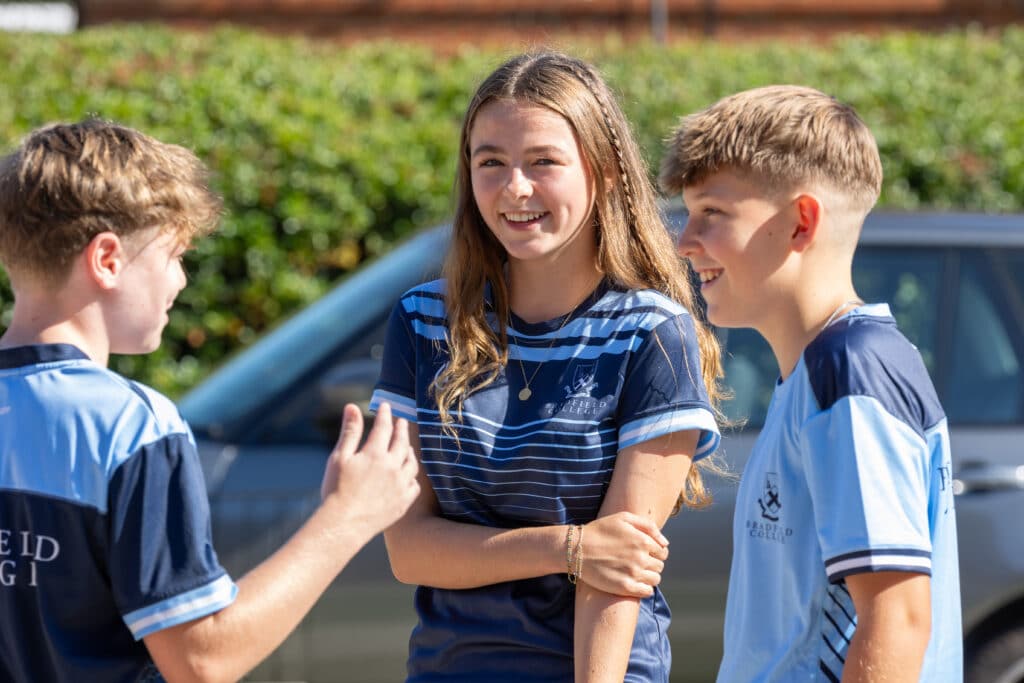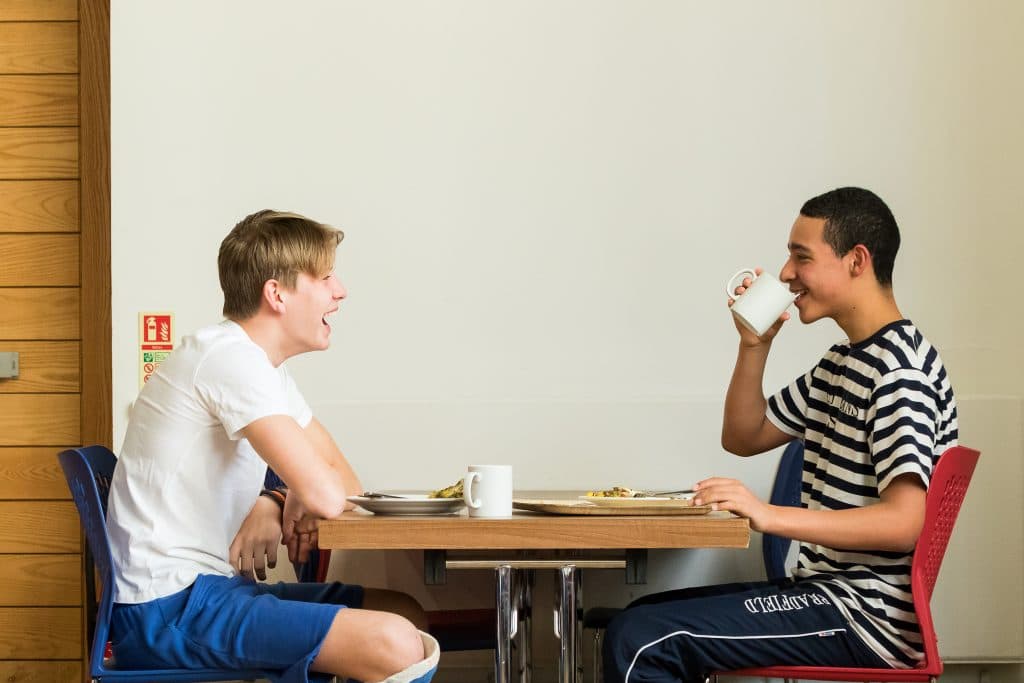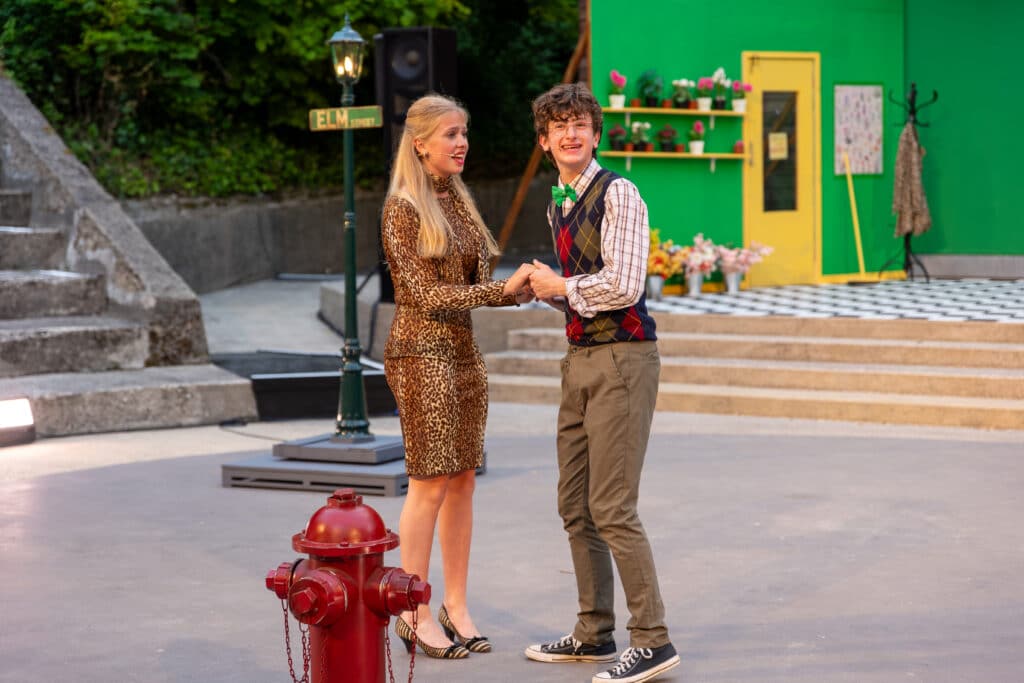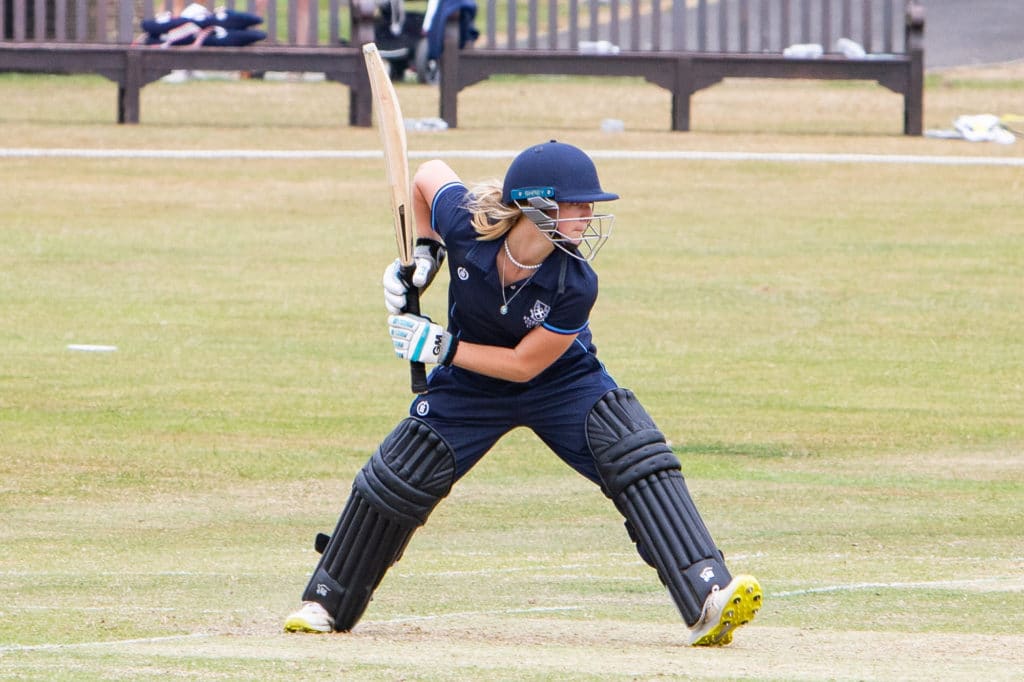Step into Bradfield's 360° VR tour
Take the tourFirst class facilities in an idyllic setting
Set in 250 acres of rolling picturesque Berkshire countryside within one hour of London and 40 minutes from Heathrow Airport, Bradfield aims to provide an ‘education for life’ fit for the 21st century.

